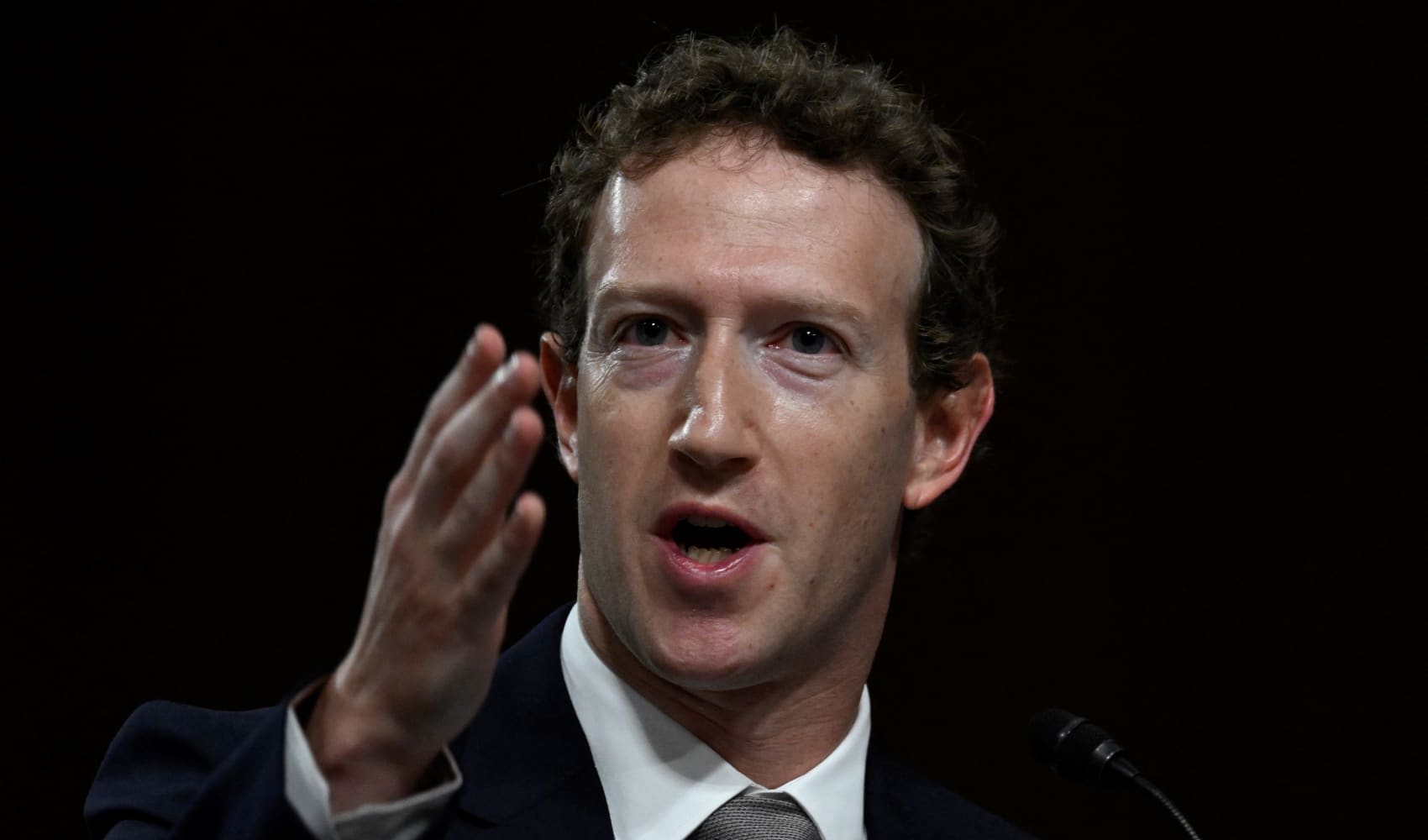
Investors are finding environmental, social and governance funds and ETFs come at an extra cost.
Over the last five years, good ESG stocks have seen a huge jump in cash inflows and higher valuations, resulting in a short-term green premium, or "greenium," for the asset, Buckingham Strategic Wealth's chief research officer, Larry Swedroe, told CNBC's "ETF Edge" last week.
"It could be that green will outperform for a while longer, but afterwards we should see it underperform" once the ESG market reaches a new equilibrium, said Swedroe, who is also co-author of the new book "Your Essential Guide to Sustainable Investing."
Get South Florida local news, weather forecasts and entertainment stories to your inbox. Sign up for NBC South Florida newsletters.
However, some have raised questions on the investing strategy's profitability, citing past studies that have shown sin stocks like tobacco and weapons companies outperforming the market.
Swedroe pointed out that in those cases, the stocks' outperformance wasn't related to their classification as sin stocks.
Money Report
"The outperformance of the sin stocks is really fully explained by their exposures to what we now know are common factors that explain returns," he said. "They tend to be companies that are cheaper, value-oriented, more profitable and more efficient in their use of investments."
"So if you buy companies that are cheap and profitable, then add your layer of ESG screening and only buy the good ones that have good scores, you can have your cake and eat it too," Swedroe added.
Investing for profit while staying true to values can be confusing for investors, S&P Global's Mona Naqvi pointed out in the same interview.
Think of ESG investing as a parameter of personal preference that must be balanced against other priorities in the portfolio, she said.
"Reputation, loyalty and brand value are such important drivers of a company's valuation today, and actual preferences when scaled up at a societal level do have the capacity to make certain companies more or less financially profitable in the long run," said Naqvi, the firm's global head of ESG capital markets strategy.
"Just taking a longer-term time horizon might actually help to reconcile some of those," she added.






